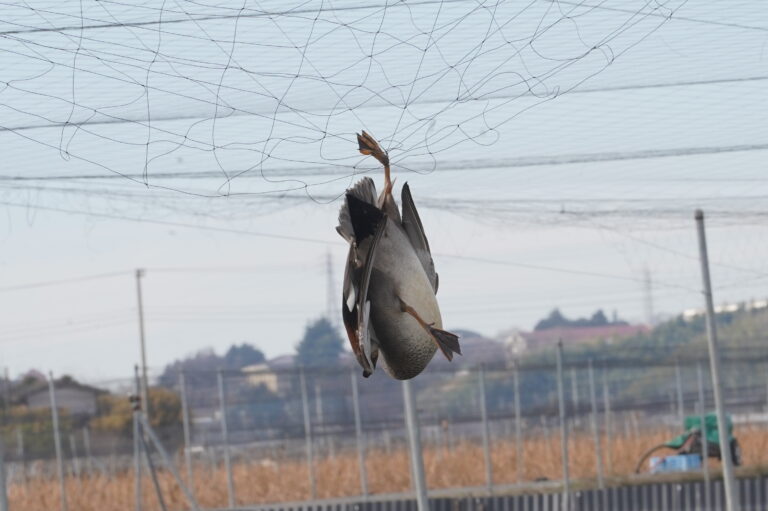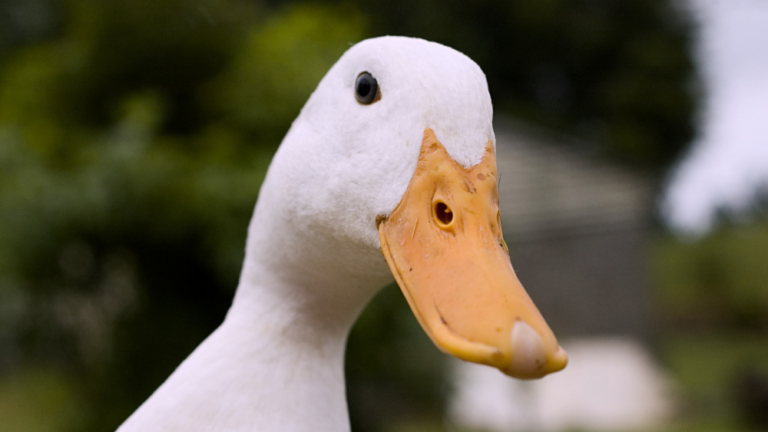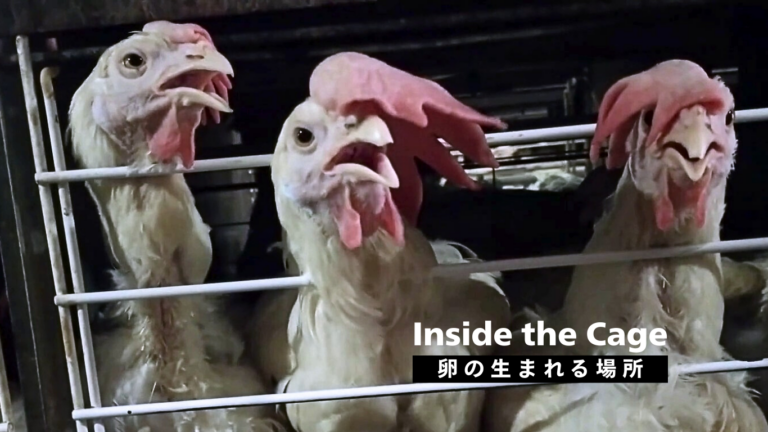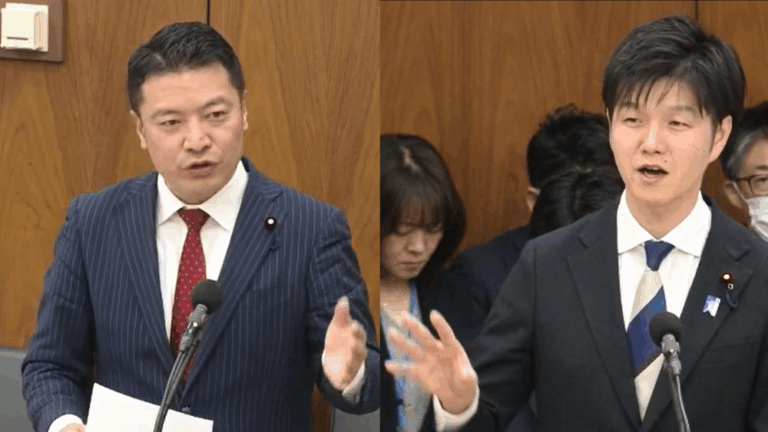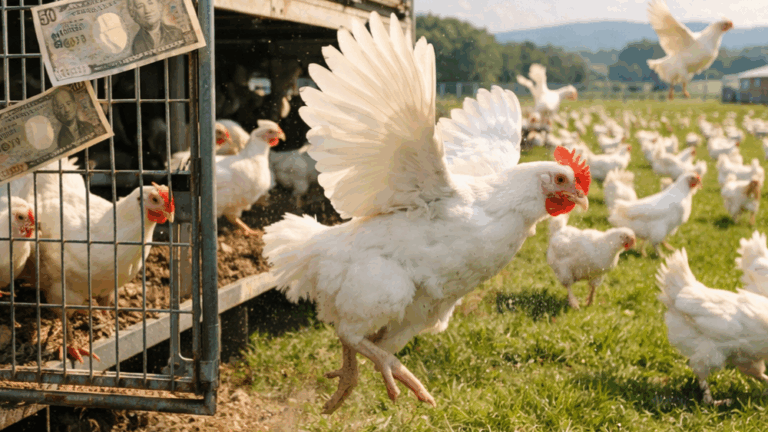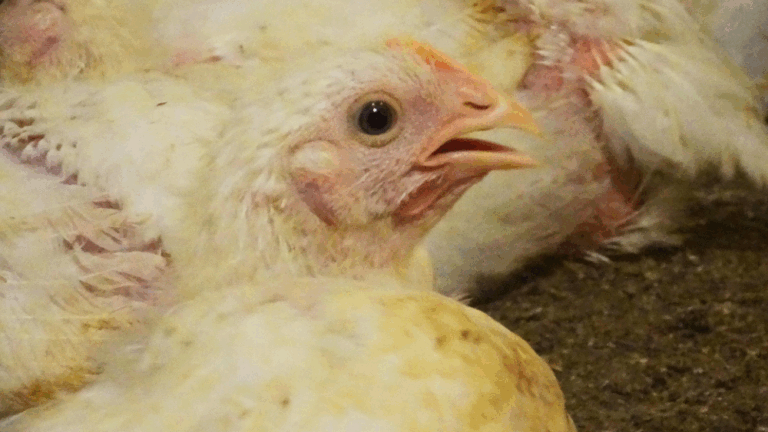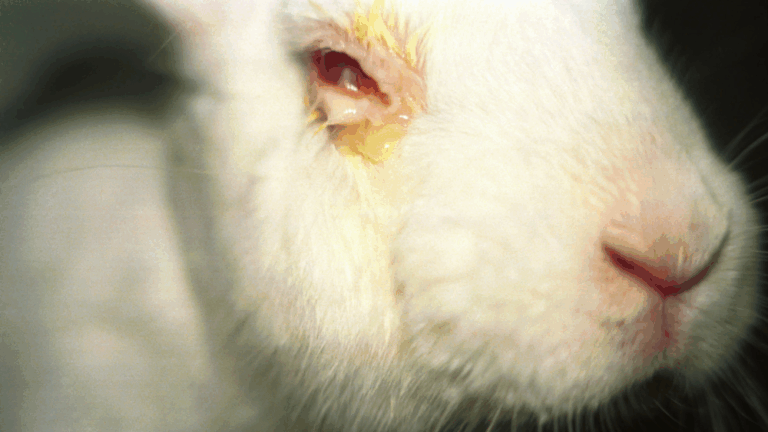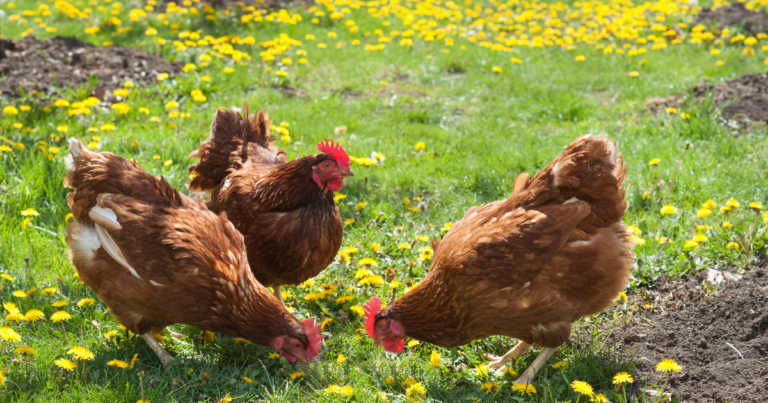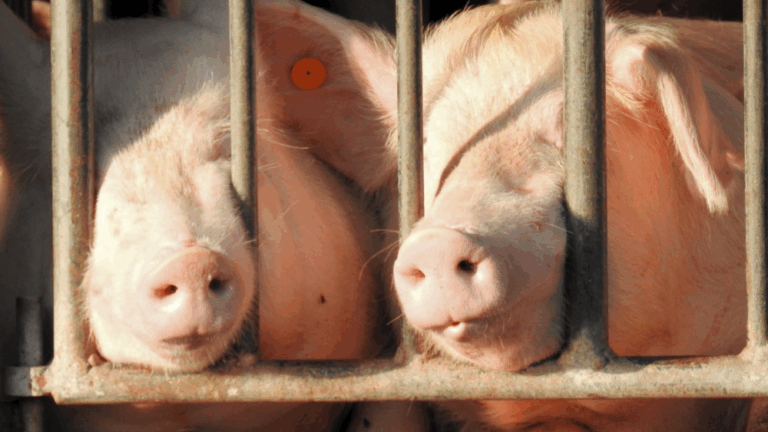In the Kasumigaura area of Tsuchiura City, Ibaraki Prefecture, lotus root cultivation using marshland is thriving. The problem has been widely publicized since the Animal Rights Center reported in 2009 that wild birds have been damaged after bird nets (overhead bird nets) were put up in these lotus root fields in 2004. Discussions were also held with Ibaraki Prefecture on February 20, 2009.
The Problem of Bird Nets in Kasumigaura Lentil Fields Some farmers put bird nets over the top of their growing lotus root fields to prevent feeding damage by wild birds. However, wild birds enter the field through the gap between the net and the field or through the area where the net is rolled up for farm workers to enter and exit the field, eat the crop, and when the birds try to fly away again, they catch their legs on the net and are unable to escape. In other words, even when the nets are up, wild birds are still entering the field, so the effectiveness of the nets themselves in preventing food damage is questionable.
As the entangled bird struggles, the net becomes even more intricately entangled in its legs, making it difficult for it to escape on its own. The bird sometimes struggles violently, but is helpless to do anything about it and becomes quiet as if dead, but then becomes frightened and starts to thrash about again at the sound of noise. Some farmers, I am told, save the birds when they find them, as they are unable to die immediately, and are left hanging upside down in fear until their broken bones weaken them, they starve to death, or they are eaten by other birds of prey. However, in the current situation in the lotus root fields, most of the birds are left hanging and dying.
In other areas where lotus root trials are popular, nets are used with wild birds in mind. We cannot stand idly by and watch as the netting continues to harm the animals, even though there are alternatives that are more effective than the overhead nets that harm the wild birds. We submitted the following request to the Governor of Ibaraki Prefecture on February 9, 2023, and received it.
Full text of the written request regarding damage to wild birds in lotus-root cultivation areas along the Kasumigaura coast
Governor of Ibaraki Prefecture
Mr. Kazuhiko Oigawa
We are a citizens’ group with the slogan “Compassion for All Animals” and are committed to eliminating the pain and suffering of animals, violence and discrimination against the weak, and environmental problems.
We have discussed with your prefecture and submitted a written request on February 20, 2009 regarding the damage caused by wild birds in the lotus root cultivation area along the Kasumigaura coast, and on March 26, 2021, we submitted a petition signed by ordinary citizens wishing to improve the damage caused by wild birds, and also submitted a request on that occasion. However, as a result of repeated surveys conducted by the Association through 2022, we have not been able to determine that any improvement has been made, and so we have decided to submit another written request.
【Request】
1. Ibaraki Prefecture should promptly take effective measures to improve the damage to wild birds around Kasumigaura and explain the details of such measures in a dialogue with our organization. Please disclose the information appropriately to the public.
2. Please conduct a follow-up survey to track the improvement effects of the measures and objectively show and disclose them.
3.Please inform us the results of your examination of our past requests.
【Reason】
In the past requests, the Animal Rights Center mainly mentioned the following four points.
1. Investigate and promote the use of more humane methods for direct placement nets.
2. To set a future goal of eliminating the use of overhead nets, including the use of fully enclosed bird netting.
3. If overhead nets are used, thorough management should be implemented, including removing them after harvesting.
4. Include information on the Birds and Animals Protection Law and the Animal Protection Law (including penalties) in educational leaflets for farmers.
Regarding the above four points, we have received a response from your prefecture that they cannot respond to our request because they are still in the process of interviewing farmers regarding the situation. However, 14 years have already passed since the issue was raised, and we assume that your prefecture has already conducted sufficient investigation and study. Therefore, we respectfully request that you respond to our request, including the response from your prefecture, as a result of your close examination of our past requests.
【Response Due Date】
Within one month from the date of submission of the request
【Appendix】
It is clear that the cause of the increased damage in this case is the fact that the bird nets are left in place after the lotus root harvest, and that there is often no one in charge of management at the site. Even before this request is approved or disapproved, the prefectural government can provide guidance based on the Birds and Animals Protection Law, the Animal Protection Law, and public health regulations. We therefore request that the farmer in question be promptly notified and given guidance for improvement.
Let the voices of consumers be heard!
It seems extraordinary that such damage to wild birds has been left unattended for 14 years. Please deliver consumers’ opinions to Ibaraki Prefecture so that the farm management will change to one that coexists with wild birds and nature itself.


